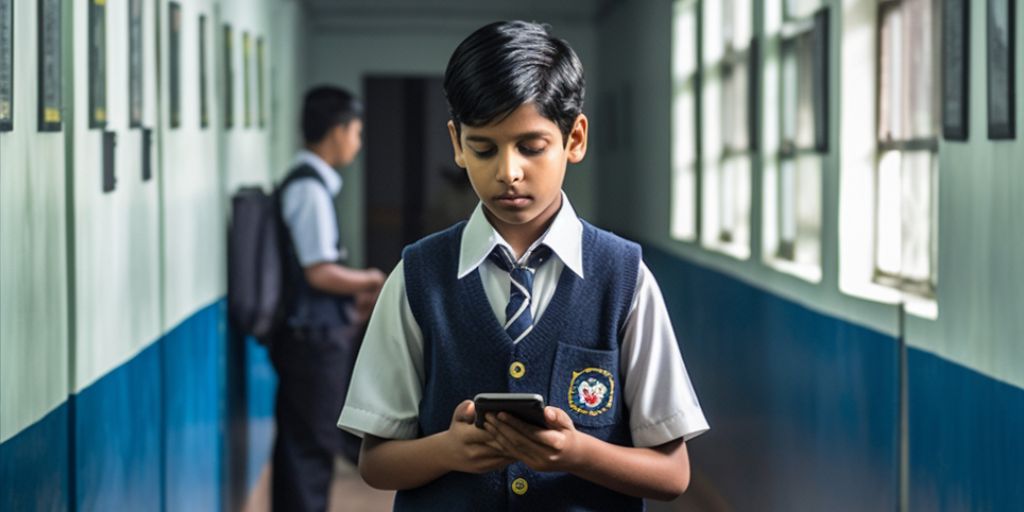
When your child is being bullied online — often called cyberbullying — knowing how to help them can feel daunting. But you don’t have to go it alone. Read on for some practical tips to address online bullying.
Your goal is to get a fuller picture of the situation so you can determine how to best support your child. Whether your child comes to talk to you or you get an alert from your monitoring app that your child is being bullied, you’re coming into the situation without any context — it’s important to take a step back and find out what led to the bullying.
Understand that they may be hesitant to talk to you about being bullied. They might be afraid of getting in trouble or embarrassed about the situation. Projecting calm (even if inside you are anything but!) will help them feel safer opening up.
Here are conversation starters to get you going:
Children who are bullied often experience shame and think they did something to deserve the way they were treated. Let them know this isn’t their fault and that no one deserves to be treated this way, no matter what happened leading up to it.
Don’t minimize the situation or make excuses for the aggressor. It’s important that your words and actions convey unconditional support and a desire to stop the bullying.
Encourage your child to block the person on whatever platform the bullying is occuring. But make sure to listen to your child if they are afraid this will only make things worse. They are the expert on the social dynamics of their peer group.
Print or take screenshots of messages, posts, videos, and any other items that show your child is being bullied. Keep notes on details, such as:
This evidence may be useful in the case of an investigation.
School policies on cyberbullying vary widely. Some schools don’t take direct action because online bullying is seen as taking place off school grounds. At the very least, teachers and administrators need to be aware of what’s going on in case it spills over into the school day. They are also an important set of eyes on your child’s emotional well-being and how the bullying is impacting them.
Cyberbullying violates the terms of service for all legitimate service providers such as social media sites, gaming platforms, and email and cell phone companies. Depending on the situation, the provider may be able to help stop the bullying. For a list of updated contact information, go to cyberbullying.org/report.
If the bullying is based on gender, race, or disability, contact the Office of Civil Rights. The U.S. Department of Education takes cases of discrimination very seriously and may be able to provide assistance.
A skilled counselor can help your child and your family navigate the situation and lessen the emotional impact. If you need recommendations for providers, ask your child’s pediatrician, the school, or your health insurance company.
If the bullying involves physical threats, contact law enforcement. If your local police department isn’t helpful, contact county or state officials, as they often have more expertise and resources for dealing with technology-related crimes.
The chances of your child witnessing cyberbullying are even greater than them being a victim. Here are some actions you can take in that situation:
The impact of cyberbullying on kids is well-documented and should not be taken lightly. Fortunately, by taking swift and considered action, parents can help their child navigate the experience of online bullying and lessen its impact.